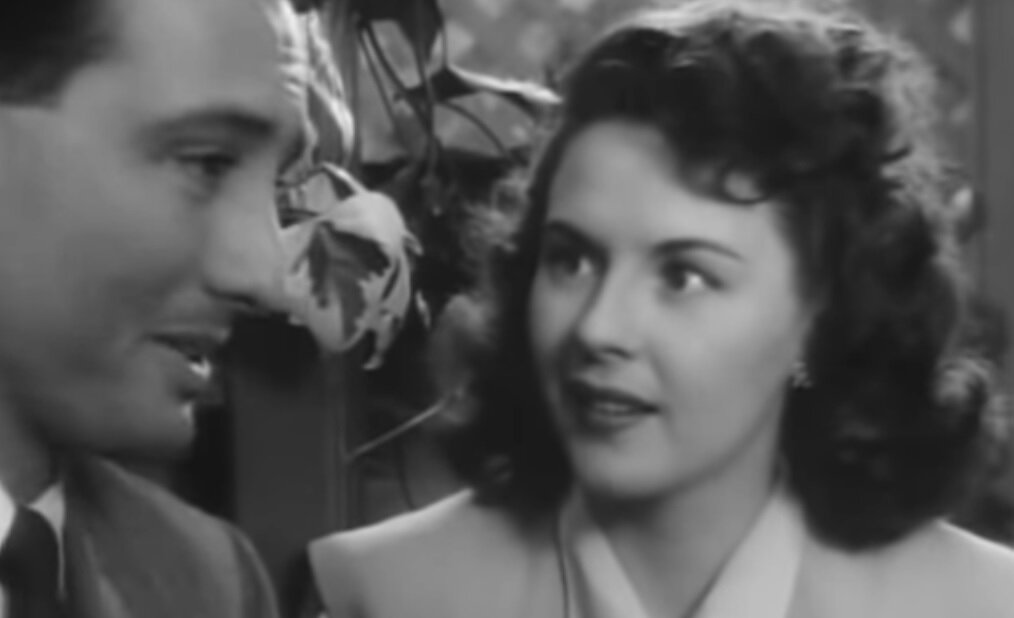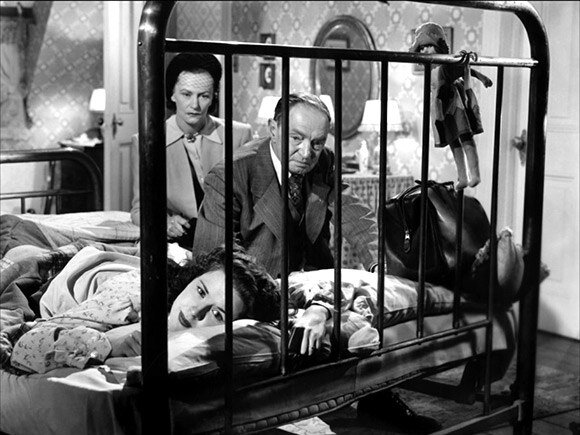Criterion
After a long absence during which screenings were sold out, awards announced, the FGFF column is back! And I chose a devastating one for my return with Martha Coolidge’s “Not A Pretty Picture.”
Brave is a word that's wildly overused in an industry that doesn’t just love to congratulate itself, it practically lives for it. But “Not A Pretty Picture” wasn’t only Coolidge’s 1976 feature directorial debut years before her 1983 iconic film “Valley Girl,” it was her self-created introduction to the world, one that revolved around her own rape at 16 years old, which she recreates on camera.
What exactly gave her the confidence to do it? To dare to approach a subject that we still have no idea how to even start discussing? One that was so traumatizing, it affected her to a degree that at 28 she still had never had a committed relationship with a man?
“Not A Pretty Picture” doesn’t provide an answer. It’s a deeply personal film, yet to some degree it isn’t about Coolidge at all. As she directs the reenactments of her rape and the events that led up to it, neither she or any of the cast and crew analyze where her inspiration sprung from and how she managed to follow through on a traumatic event she only came to realize was rape four years later at age 20 with the aid of a therapist.
Rather, the analysis is reserved for why it so often comes to this, and what the film quickly reveals to be a widespread phenomenon. “Not A Pretty Picture” is both docudrama and a discussion, and what it reveals is very much what the title promises. The assault is of course disturbing in its realism, no less so for Coolidge allowing the camera’s gaze to include the crew looking on during filming. But the true brilliance is the film’s depiction of the events leading up to and surrounding it, from what it brings out in the male lead who plays Coolidge’s rapist, and the complicity of many of the women in her life.
The generation before clearly had its own baggage, and likely thought that schooling their daughters in that complicity was a form of protection. For Coolidge, making “Not A Pretty Picture” was practically a form of self defense. “My mother told me that all my life,” she recalls. “There’s no such thing as rape because you do it. You get yourself into that situation.”
The actress playing Coolidge was also raped, and described the experience of making the film as so close to her own that she felt like “I’m not really acting.” She no doubt had to cope with other women blaming her for the attack the same as Coolidge did, with so-called friends believing the familiar story her rapist told, leaving her reputation in tatters, and later, even spitting on her and the friend who dared to stand by her, and who also plays herself.
That it was the 70’s no doubt lent itself to such a disturbing, complex story being told so well. Experimentation on film was something of a given at the time, and both the feminist movement and independent cinema were trending. This method of analysis feels brilliant in its simplicity, that of just allowing the actors to use their own approach in the story they were telling, and keeping the cameras rolling for discussion when Coolidge says cut.
Criterion
What is really chilling isn’t only the women telling their stories; it’s how honest the men are about the psychology of rape, especially the male actor who plays Coolidge’s rapist. He’s so careful to give examples to confirm his status as one of the good ones, that it’s far more alarming and terrifying when he casually recounts his own complicity (at the very least) with his male friends, and how he unthinkingly even justifies them. How casually? In high school he would often hear of encounters that were “technically rape” but is quick to say were “not necessarily malicious,” and how college meant escalation of this type of behavior, with lists comprised of women they would refer to as “pigs.”
The real relief is near the end, where your bff not not only sticks by you, but possesses the kind of macabre sense of humor that acts as a kind of catalyst for healing. After all, it’s not everyone who can find something to giggle and celebrate about the night you get your period and realize your rapist hasn’t impregnated you.
Yet calling “Not A Pretty Picture” ahead of its time feels not only lazy, but dangerous, an insistence that nothing has changed, even if victim blaming and the toxicity of the masculinity under discussion feel venomously familiar. The film feels very of its time in much in the way Jennifer Fox’s “The Tale,” does, another very meta story of grappling with the aftermath of sexual assault.
But like all oversimplifications, there’s an element of truth. “The Tale” managed to find a widespread audience, while “Not A Pretty Picture” had a short-lived run in a series of art-house theaters. This film’s rediscovery isn’t merely a chance to revisit one of the bravest and most insightful movies ever made, it’s a homage to an artist who not only laid the groundwork, but carved out a long career fulfilling many of her ambitions. Many of the women with stories like Coolidge’s weren’t so lucky, but “Not A Pretty Picture” feels like a tribute to them all.











